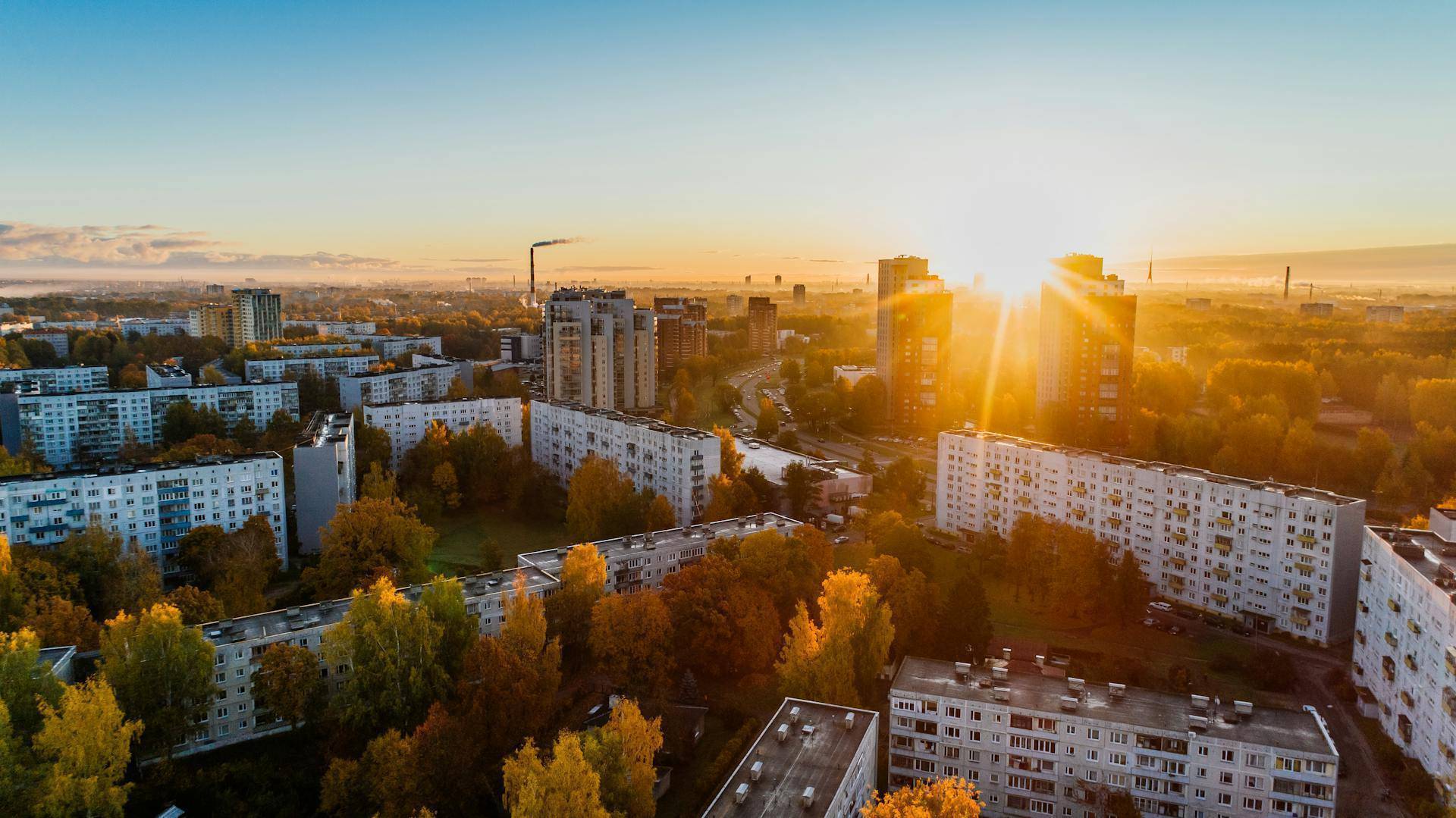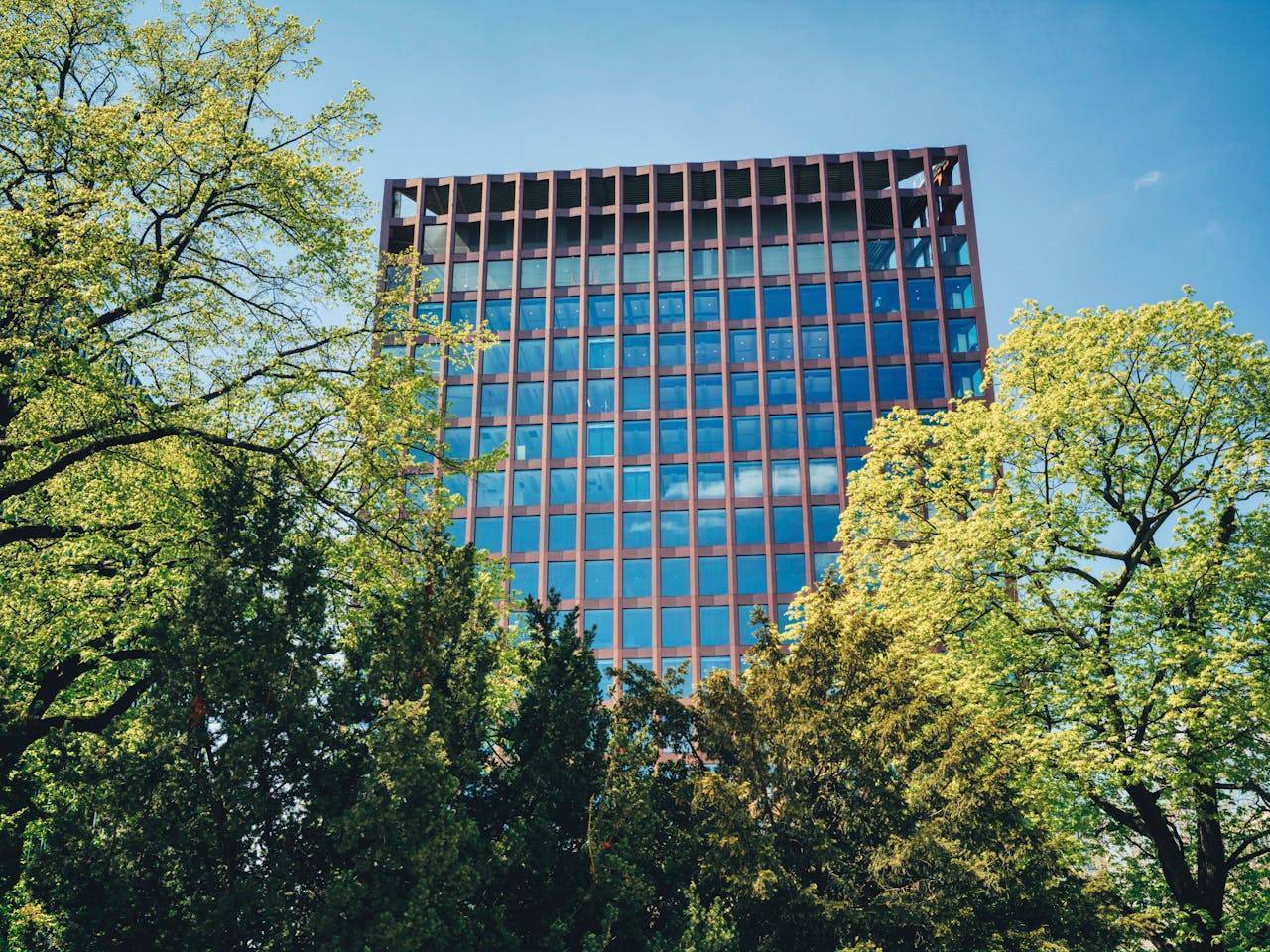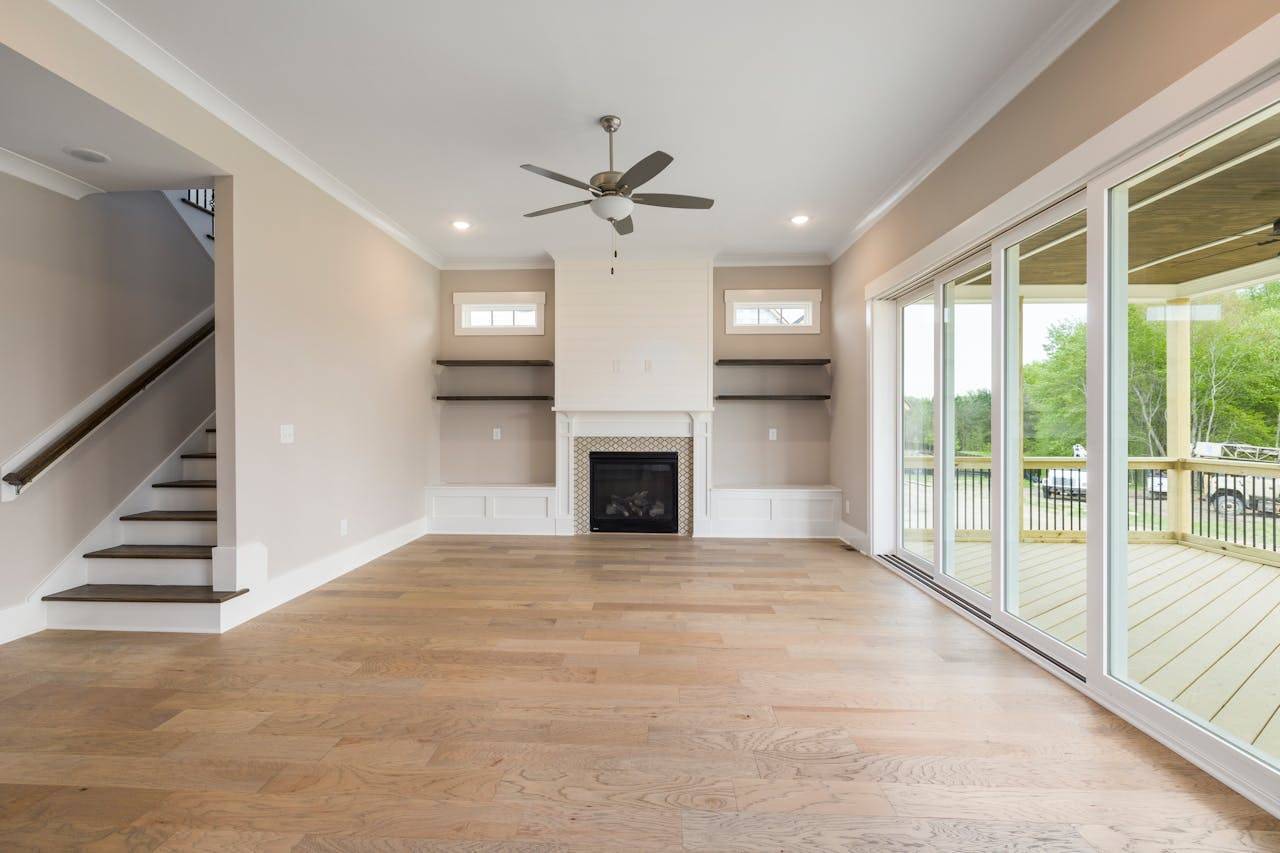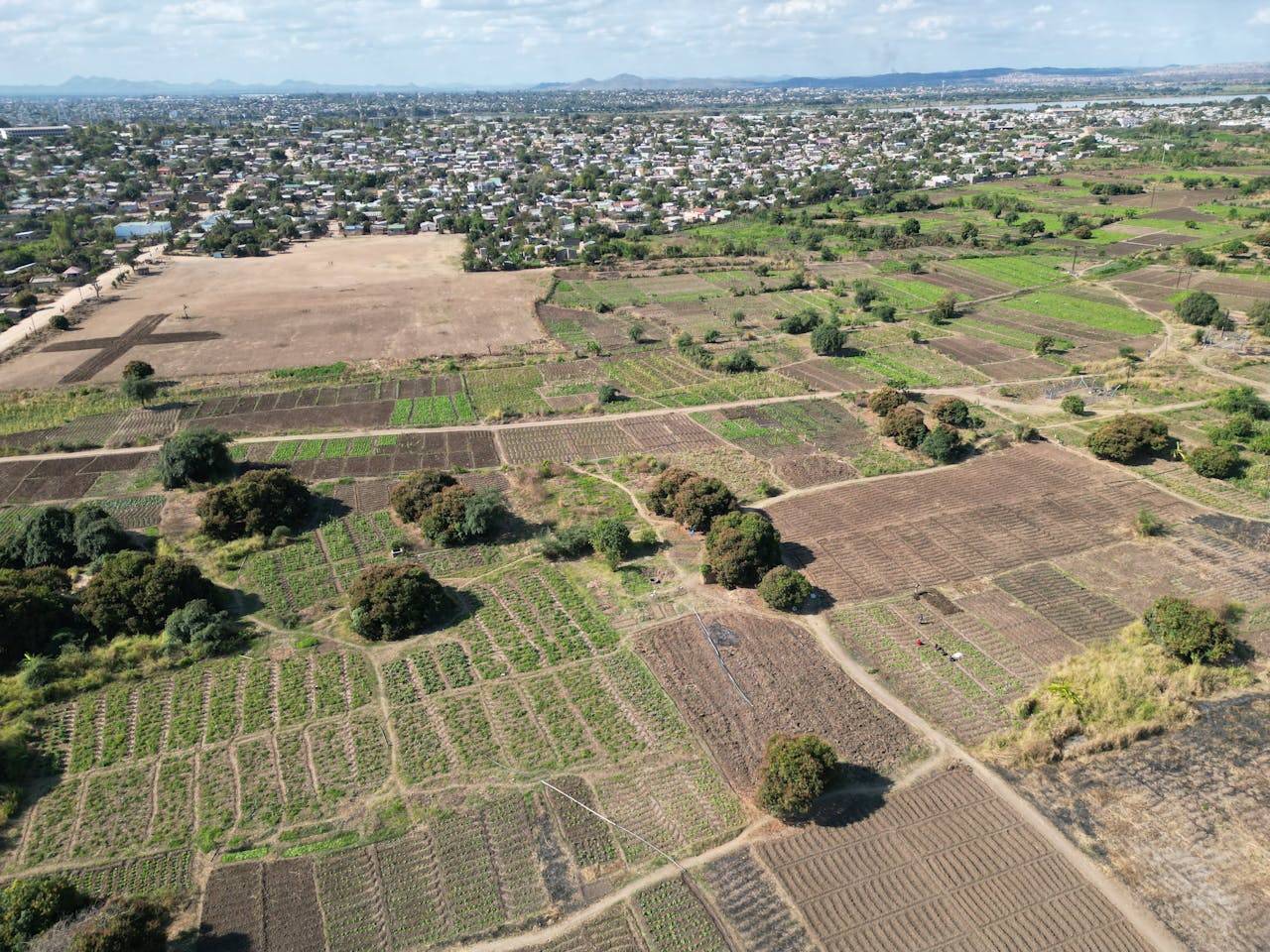In a major development for property ownership in Bengaluru, the Bruhat Bengaluru Mahanagara Palike (BBMP) has recently digitized khata records for over 21 lakh properties across the city. As part of this initiative, draft e-khatas are now available online for public access, signaling a new era in property management. This move, aligned with the Karnataka government's broader efforts to curb fraudulent deals and enhance transparency, is set to simplify property registration and increase property tax revenue across the state.
For property owners in Bengaluru, this digitization marks a significant improvement in how property records are managed. However, while draft e-khatas are now available online, obtaining the final e-khata involves a few more steps. This guide explains the e-khata process, from accessing the draft to securing the final document.
How to Access Your Draft E-Khata?
Property owners can access their draft e-khatas by following these steps:
- Visit the Official BBMP Portal: Go to www.bbmpeAasthi.karnataka.gov.in.
- Search for Your Property Details: Use your property details to locate the draft e-khata.
- Download the Draft E-Khata: The draft e-khata can be downloaded for your reference.
While the draft e-khata is a significant first step, it is not yet official. To make it legally valid, you must apply for the final e-khata through the same portal.
Documents Needed for Final E-Khata
To secure the final e-khata, property owners are required to submit the following documents online:
- Sale Deed or Registered Deed Number: This is fetched electronically through the Kaveri portal for properties registered post-2004.
- Encumbrance Certificate (EC): A post-April 2004 EC is required to verify any financial liabilities attached to the property, also retrieved via the Kaveri portal.
- 10-Digit Property Tax Application Number: To ensure all property taxes are paid up-to-date.
- Aadhaar eKYC: For verification of the property owner’s identity via Aadhaar-based KYC.
- 10-Digit BESCOM Number: Linking the property to its electricity services.
- GPS Coordinates and Property Photo: To enable geotagging of the property, ensuring its accurate recording in the e-khata system.
- Supporting Documents for 'A Khata': If certain documents are missing, a declaration of their absence can still allow the final e-khata to be issued.
Automatic Verification and Issuance of Final E-Khata
Once all required documents are submitted, the system performs automatic verification of the details. If all information aligns with the BBMP's records, the final e-khata is issued without further intervention. However, if any discrepancies arise or if objections are filed, the property owner may need to meet with the jurisdictional Assistant Revenue Officer (ARO) to resolve the issue.
Raising Objections to Draft E-Khata
Property owners have a seven-day window to raise objections after accessing their draft e-khata. Objections can be filed online through the BBMP portal, and are typically addressed by the ARO. The objections are resolved based on merit, and only after this process is completed will the final e-khata be issued.
Benefits of the Digitized E-Khata System
The shift to a digital e-khata system offers several key benefits to property owners:
Convenience: Property records are now easily accessible online, available for download at any time.
Enhanced Security: Digital records minimize the risk of tampering, a common issue with physical documents.
Transparency: Property registration status can be tracked online, ensuring clarity and legitimacy.
Efficient Tax Collection: More properties coming under the formal system will increase BBMP’s property tax revenue, benefiting the city's infrastructure and services.
Challenges and Future Developments
While the e-khata system represents a game-changer, it is not without challenges. The initial rollout is being tested in rural districts like Chitradurga, Raichur, and Bagalkot, under the Rural Development and Panchayat Raj Department. As the system is expanded to urban properties, there may be technical issues and verification delays.
To address these potential challenges, BBMP has planned the release of training videos and guidelines to assist property owners in navigating the new system with ease.
Conclusion
BBMP's introduction of digitized e-khatas marks a major step forward in simplifying Bengaluru's property registration process. By digitizing records, the system enhances transparency, security, and convenience for property owners. Though still in its early stages, the e-khata process offers a more streamlined and accessible approach, making it easier for Bengaluru residents to manage and complete their property registrations efficiently.









.png)